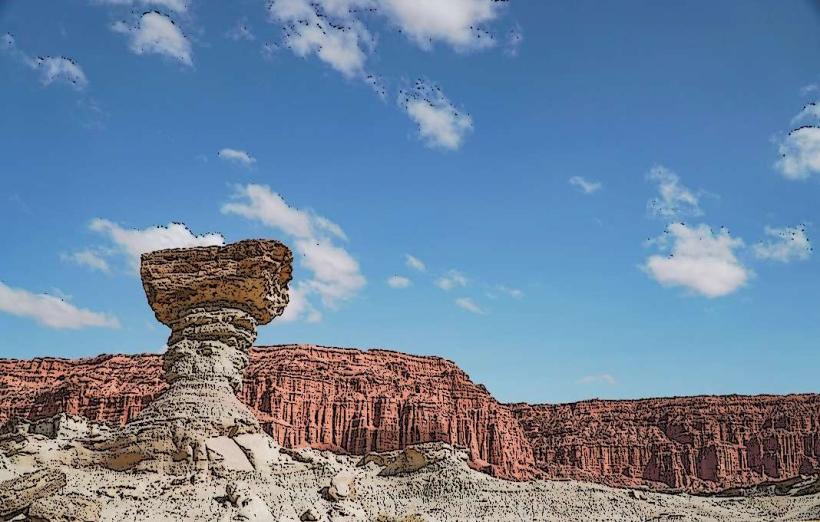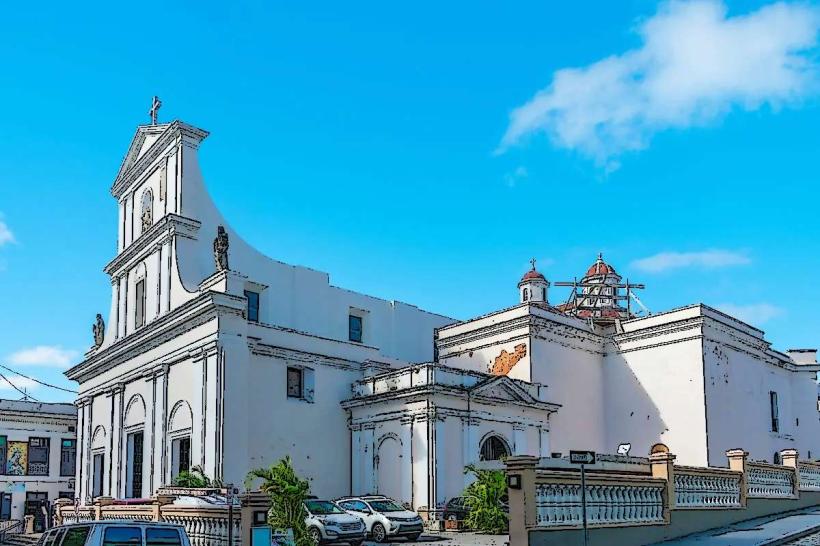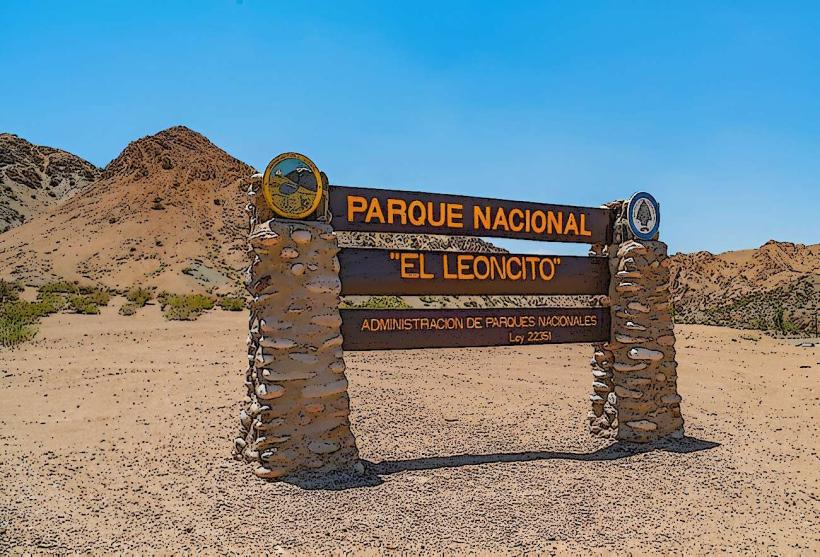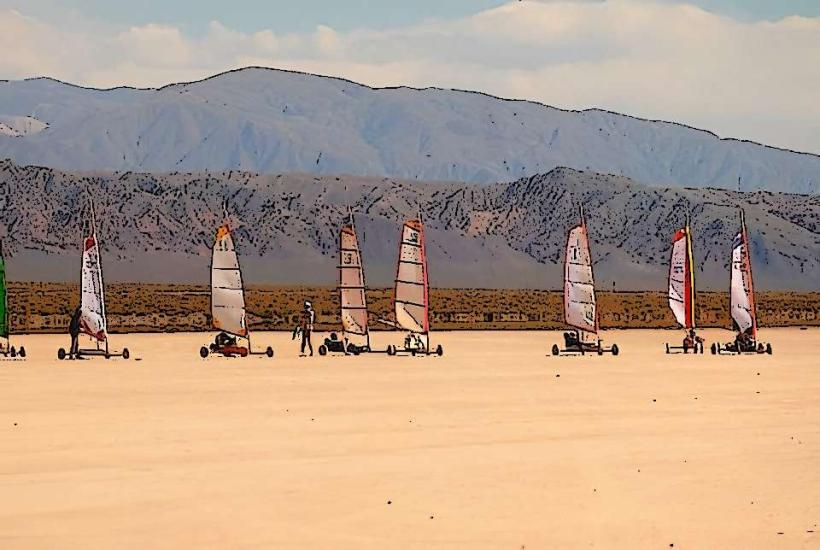Information
Landmark: Museo de la Vid y el VinoCity: San Juan
Country: Argentina
Continent: South America
Museo de la Vid y el Vino, San Juan, Argentina, South America
Museo de la Vid y el Vino (Museum of Wine and Vine)
The Museo de la Vid y el Vino (Museum of Wine and Vine) is located in Maipú, a region in the Mendoza Province of Argentina known for its rich winemaking heritage. The museum is dedicated to the history, culture, and significance of wine and viticulture in the region, which is one of the most important wine-producing areas in the world.
Overview
- Museum Location: The Museo de la Vid y el Vino is situated in the heart of the Mendoza wine region, an area renowned for producing some of the world's best wines, particularly Malbec.
- Purpose: The museum serves as a center to preserve and display the history of winemaking, the evolution of viticulture, and the importance of wine in Argentina's culture. It explores the process of winemaking, from the cultivation of the vineyards to the final product.
- Collection: The museum's collection includes historical artifacts, winemaking tools, bottles of antique wine, old labels, and vineyard equipment used throughout the history of winemaking in Mendoza.
Exhibits and Attractions
The Museo de la Vid y el Vino offers a wide range of exhibits that provide insight into the long and rich history of winemaking in Argentina. Some of the main highlights include:
1. The History of Winemaking in Mendoza
- The museum provides an in-depth look at the evolution of viticulture in the Mendoza Province, dating back to the 16th century when Spanish colonizers first introduced vineyards to the region.
- Exhibits include historical documents, maps, and displays of the first winemaking tools used by the first settlers.
2. Tools and Machinery
- The museum features various historical winemaking tools and machinery, including those used in the manual harvesting of grapes, presses, and vintage wine barrels. These exhibits provide a fascinating look at the hard work that went into producing wine in the past.
- One of the unique displays is the antique presses used for extracting juice from the grapes before the advent of modern equipment.
3. Wine Production Process
- The museum offers a detailed explanation of the winemaking process, from the planting of grapevines to the harvesting of grapes and the fermentation process.
- Visitors can learn about the different varieties of grapes grown in the Mendoza region, the role of climate, soil, and elevation in wine production, and how these factors contribute to the region's distinctive wine flavors.
4. Wine and Vine Culture
- In addition to the technical aspects of winemaking, the museum explores the cultural significance of wine in Argentina. It delves into how wine has become an integral part of Argentine traditions, family gatherings, and celebrations.
- Visitors will also find displays on the role of wine in Argentine cuisine, highlighting its importance in food pairings and its place in the country's identity.
5. Tasting Room and Wine Sampling
- One of the museum's most popular attractions is its wine tasting area, where visitors can sample a variety of Mendoza wines, including some of the region's famous Malbec.
- The museum often hosts wine tasting events that allow guests to experience the rich flavors of wines produced in the surrounding vineyards.
Architectural and Surrounding Features
- The museum is housed in a historic building that once served as a winery, adding a layer of authenticity to the exhibits. The building is surrounded by vineyards, giving visitors the chance to explore the winemaking process firsthand.
- The museum is part of a larger wine tourism route in Mendoza, making it a perfect stop for those visiting the many wineries in the area.
Visiting Information
Best Time to Visit
- The best time to visit the Museo de la Vid y el Vino is during the harvest season in March and April, when the region's vineyards are in full swing, and many local wineries celebrate the vendimia (harvest festival). However, the museum is open year-round, and visitors can enjoy its exhibits at any time.
How to Get There
- The museum is located approximately 15 kilometers (9 miles) south of Mendoza City, making it easily accessible by car or bus. It is also a popular stop on wine tours in the region.
Admission
- The museum generally charges an entrance fee, which includes access to the exhibits and the wine tasting. Prices may vary depending on the season, so it is advisable to check in advance.
Conclusion
The Museo de la Vid y el Vino offers a unique opportunity to learn about the fascinating history of wine in one of the world’s premier wine-producing regions. Its collection of historical artifacts, in-depth exhibits on the winemaking process, and wine-tasting experiences make it a must-visit destination for wine enthusiasts and those interested in the culture and history of Argentina. Whether you're a seasoned oenophile or a casual visitor, the museum provides a memorable and informative experience that showcases the deep connection between the land and the wine it produces.






